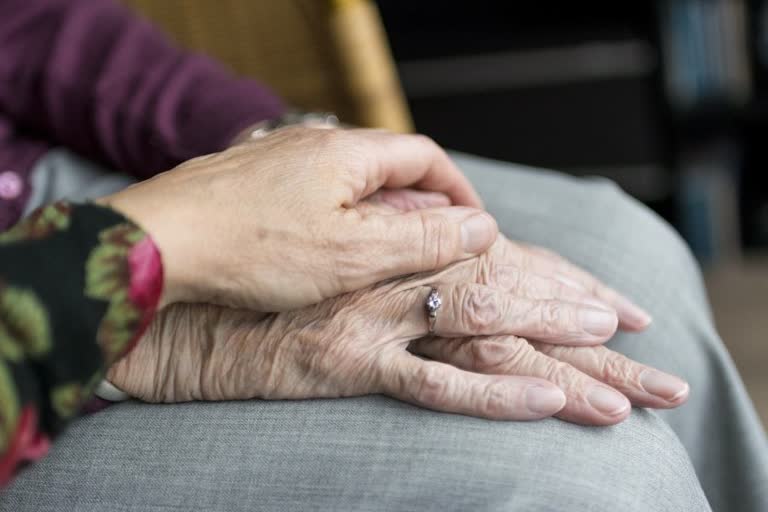Socializing is one of the reasons many Okinawans live healthily to 100 and older, according to geriatrician Dr. Bradley Willcox, who with his anthropologist twin brother, Craig, has been studying centenarians on the islands for more than 20 years. “You can’t walk down the street without running into one,” says Dr. Willcox, who co-authored The New York Times bestseller, The Okinawa Way in 2001, to explain his team’s findings. Here, Dr. Willcox explains some of the secrets to living a long and healthy life, the Okinawan way, which really boils down to “balance”.
Practice‘Hara Hachi Bu’, eat for health and exercise
Older Okinawans believe the body is a temple and you shouldn’t pollute it. They drink alcohol in moderation and generally don’t smoke much. And they’re very active people, their caloric intake to output is always in near balance and often net-negative, so they burn a lot of fat. Their diet has been largely plant-based, so not calorie-dense. They eat over a kilogram of vegetables and fruits and legumes, like soya beans, a day. It’s part of every meal. Instead of bread, the chief carbohydrate has been the sweet potato, which has a low glycemic load and lots of plant compounds, particularly colourful flavonoid compounds that really can help with overall health and possibly slow the aging process. They also practice hara hachi bu – eating until they’re just 80% full.
Be positive and find your ‘Ikigai’, sense of purpose
All the centenarians we meet have a positive attitude. They are generally optimistic, and have this laissez-faire, carefree approach to life – they’re fun-loving people. I think it’s really important to enjoy life as you age. They also have something we call ‘ikigai’, which is the Japanese word for a sense of purpose. One guy was 102 years old and his ikigai was these two prize bulls – he went to see them every day, to take care of them. Another person’s ikigai might be family or faith.
Stay mentally engaged
There’s no word for retirement in the Okinawan language, so until recently, it just wasn’t a concept. You just did what you always did, so if you’re a farmer, you still farmed. I think once you stop doing something that you’ve done, especially if you enjoyed doing it, and it gave you a sense of purpose, you could go downhill quickly. So the idea is just to stay engaged. That helps them a lot with life satisfaction and it decreases healthcare costs because people are staying active physically and mentally their whole lives.
Join a ‘moai’, social group
Okinawans have large families and strong social support networks. Their communities are really close-knit and everybody knows everybody. They have social gatherings in groups known as 'moai'. The women chat about stuff, they drinkgreen tea, and maybe have a little dessert, and the men might smoke cigarettes, and drink alcohol, which might partly explain why they don’t live so long as the women. But generally, they love to get together.
